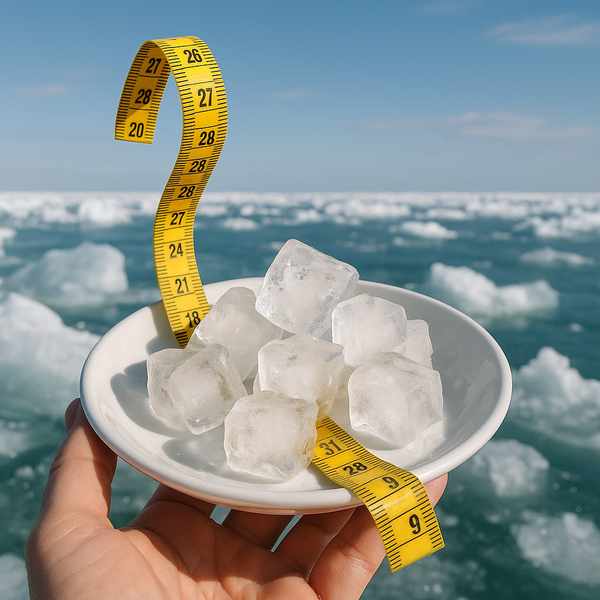How Cold Exposure May Support Weight Loss
How Cold Exposure May Support Weight Loss
Blog Article

The "weight loss ice hack" has gone viral among people looking for fast ways to shed extra pounds.
Let’s uncover the truth behind the ice hack for weight loss.
What Is the Ice Hack?
The "ice hack" usually refers to practices like exposing the body to cold temperatures to activate brown fat.
Supporters claim that:
- Your body burns energy to warm up
- Helps you eat less without trying
- Which can burn stored fat
- Some believe in spot-reduction effects
Does It Really Work?
While the idea seems promising, the actual calorie burn from cold exposure is minimal.
Scientific observations include:
- Brown fat burns more calories when activated
- Ice water can promote satiety and hydration
- Cold stimulation may improve circulation and recovery
Popular Variations of the Ice Hack
You might encounter:
- Ice water detox routines
- Targets areas with higher brown fat concentration
- Common among emotional eaters
- Combines natural support with cold exposure
Each version offers a different approach, but none replace a proper weight loss program.
Benefits and Drawbacks
Pros:
- Requires little to no equipment
- Icy drinks can increase fluid intake
- May reduce cravings
Cons:
- Not effective as a standalone strategy
- Cold isn’t tolerated well by everyone
- Risk of false expectations
Is This Trend Worth Your Time?
It may be suitable for:
- People who enjoy health experiments
- Those already working on diet and fitness
- Simple motivation to stay consistent
If you’re expecting dramatic results from this hack alone, you may be disappointed.
Maximizing the Benefits
For safe and effective use:
- Drink cold water before meals
- Ensure you stay in a deficit
- Exercise regularly
- Use cold exposure in moderation
It’s most effective when part of a broader plan.
Conclusion
If you’re using it as part of a smart plan that includes healthy eating and physical activity, it may serve as a motivating habit.
Consider the here ice hack a supplement to—not a replacement for—real work. Report this page